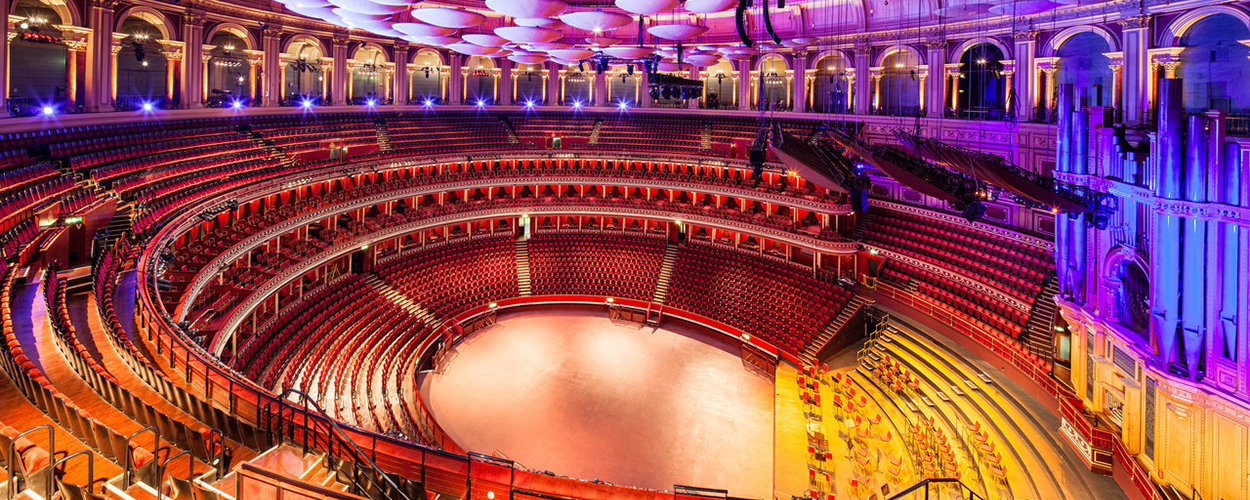This website uses cookies so that we can provide you with the best user experience possible. Cookie information is stored in your browser and performs functions such as recognising you when you return to our website and helping our team to understand which sections of the website you find most interesting and useful.
Business News Legal Live Business
Royal Albert Hall to be investigated over trustee seat ownership
By Andy Malt | Published on Monday 15 January 2018

The Royal Albert Hall has been referred to the Charity Tribunal in relation to concerns over the fact that many of the trustees of the charity that runs the London venue also privately own seats in the Hall, allowing them to sell tickets for them at inflated prices.
When the Royal Albert Hall was built in 1860, members of the public were offered the opportunity to fund the project in something like a nineteenth century Kickstarter campaign. In return, they were given ownership of seats in the venue, which they could pass down to future generations or sell off to the highest bidder.
According to the Telegraph, around a quarter of the venue’s 5000 seats are still owned in this way. Of the Royal Albert Hall charity’s trustees, nineteen are also seat owners – between them owning about 140 of the potentially profitable chairs. The issue being raised now by the Charity Commission specifically relates to the fact that those trustee seat owners hold a majority on the Hall’s governing council, which the charity regulator says is “an inherent unresolvable conflict of interest”.
A spokesperson for the Charity Commission told the BBC: “The question is whether these arrangements enable the council to be perceived as furthering the purposes of the charity for the public benefit. We have been engaged with the Hall for some time and, while progress has been made in some areas, the central issue of how to deal with the conflicts of interest, and suggested private benefit, remain unresolved and the hall has shown minimal appetite to address these”.
Commenting on the news that this matter would now go to the Charity Tribunal, a former president of the venue, Richard Lyttelton, told the Telegraph: “This goes a long way towards vindicating a lengthy campaign to bring the issues of governance at this iconic national institution to light. Through an archaic constitution and more recent opportunities afforded by online ticket sites, certain commercially minded members have been able to profit by selling tickets to their seats, sometimes at many times face value. Apart from the questionable morality of this practice it is clearly not what the charity was designed for”.
However, the Royal Albert Hall itself says it is disappointed by the latest development. A spokesperson for the venue said: “Over many years, the Hall has engaged in a meaningful way to resolve what is a complex set of issues, however the Commission has chosen to refuse to meet us, whilst pursuing what will be a costly and drawn out route. Whilst we will, of course, co-operate with this process, our focus will remain on entertaining audiences and to enhance our considerable charitable activities”.





